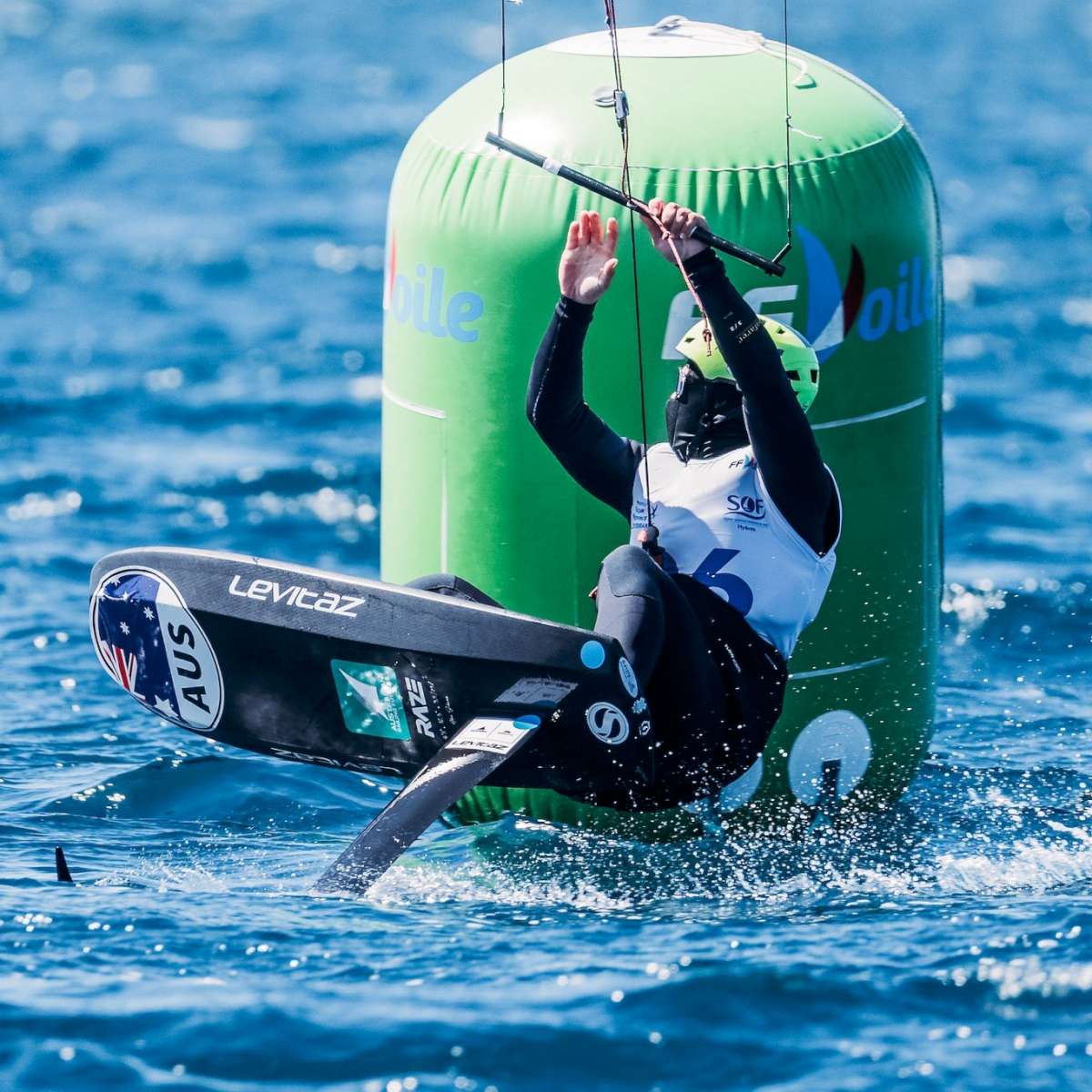Many a sailor has asked if there is really any truth to the phrase: ‘Red sky by morning, sailors take warning.’
I have myself, without really knowing with certainty.
Asking an expert with thousands of miles of ocean sailing the answer is yes. References apparently go back to Biblical times. Shakespeare wrote about it in his poem Venus and Adonis.
Like a red morn that ever yet betokened,
Wreck to the seaman, tempest to the field,
Sorrow to the shepherds, woe unto the birds,
Gusts and foul flaws to herdmen and to herds.
A red sky horizon is mostly not welcome by sailors in the morning says our well-traveled cruiser under sail. Typically he said a red sky in the morning reflects the dust particles of a weather system that is passing from west to east in the Northern Hemisphere – the direction that weather travels – and the red colour is caused by moisture in the atmosphere.
There are known cases however where a gloomy morning sky of that nature could be a combination of weather systems, including a deepening low developing.
Why does a red sky appear at sunrise and sunset?
Another knowledgeable sailor advises that a ‘red sky at night sailors delight’ can also be proven true, since red sky at night means fair weather is generally headed toward you.
He says on good authority, a red sky appears when dust and small particles are trapped in the atmosphere by high pressure. This scatters blue light leaving only red light to give the sky its notable appearance. A red sky at sunset means high pressure is moving in from the west, so therefore the next day will usually be dry and pleasant – ‘red sky in the morning, sailors warning means a red sky appears due to the high pressure weather system having already moved east meaning the good weather has passed, most likely making way for a wet and windy low-pressure system.
He also cautions that, “Like all these sayings there is an element of truth in them to help people get ready for what is on the way, and it’s worth a look at the Meteorological Office website (metoffice.gov.uk) for the concepts behind this particular saying. It will not work everywhere and is really only useful in his opinion if the predominant weather pattern is from the west as they do in the UK.”
And a couple of lessons from yet another very seasoned sailor if having to weather a bad storm: (1) the boat and its capability really does matter, and (2) the ‘crew’ matters too, as a talented helmsman who also exhibits optimism when conditions deteriorate is critical. Trusting your vessel, your mate and yourself can bring you a long way and oftentimes safely.
By Joan Wenner
Joan Wenner, J.D. is a long-time boating safety writer with a law degree, and lifelong sailor, who contributes to boating publications in several countries. Comments are welcomed at joan_writer@yahoo.com
























